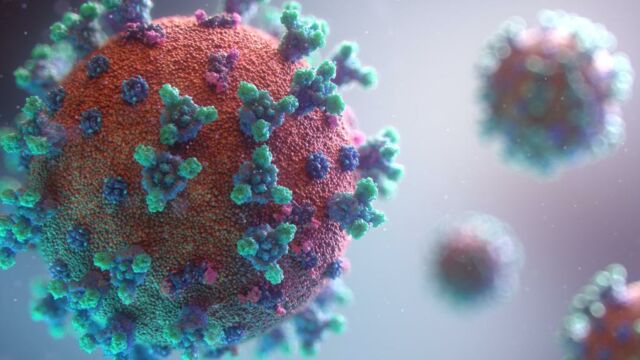Since its discovery in southern Africa last month, Omicron has spread rapidly worldwide, but there is still a lot we don't know about it. Although more information is needed to understand its properties and reactions, one thing is sure. It is undeniable that Omicron is more transmissible than any prior strains, including the Alpha and Delta variants.
Discover our latest podcast
Omicron has been found in at least 89 countries, prompting many to reimpose lockdown measures to prevent its growth. According to the UK Health Security Agency, 14 people have died because of Omicron and cases have peaked at the maximum since the pandemic started.
Shorter incubation
Over the last two weeks, it has become evident how the Omicron variant differs from the original Covid strain. Symptoms took two days to two weeks to manifest in the earlier variants of the COVID-19 virus. However, Omicron is anticipated to incubate considerably faster, closer to three to five days. UK health secretary Sajid Javid confirmed:
Recent analysis from the UK Health Security Agency suggests that the window between infection and infectiousness may be shorter for the Omicron variant than the Delta variant.
That would explain why it has spread so quickly and successfully. The shorter incubation period gives sufferers a shorter window between suspecting they have been infected and experiencing a flare-up. Meaning, it makes it less likely that a positive test result will be recorded timely to warn others, isolate them, and prevent the virus from spreading. Thus, it becomes tougher to control it.
Different symptoms
Another feature of Omicron that makes it possibly more challenging to identify than other strains is that its symptoms diverge from the other variant. We expect three primary markers: coughing, fever, and any loss of taste or smell, but Omicron does not follow this. A scratchy throat, lower back pain, a runny or clogged nose, a headache, muscle pains and weariness, sneezing, and night sweats are early warning symptoms for the new variant.
According to the current studies, patients are expected to recover in five to seven days on average. Although, some symptoms like coughing and exhaustion may last longer. In more severe cases, shortness of breath can be observed to linger for up to thirteen days. Covid patients are assumed to be contagious to others for around two days before their first symptoms appear and for about ten days afterwards.















